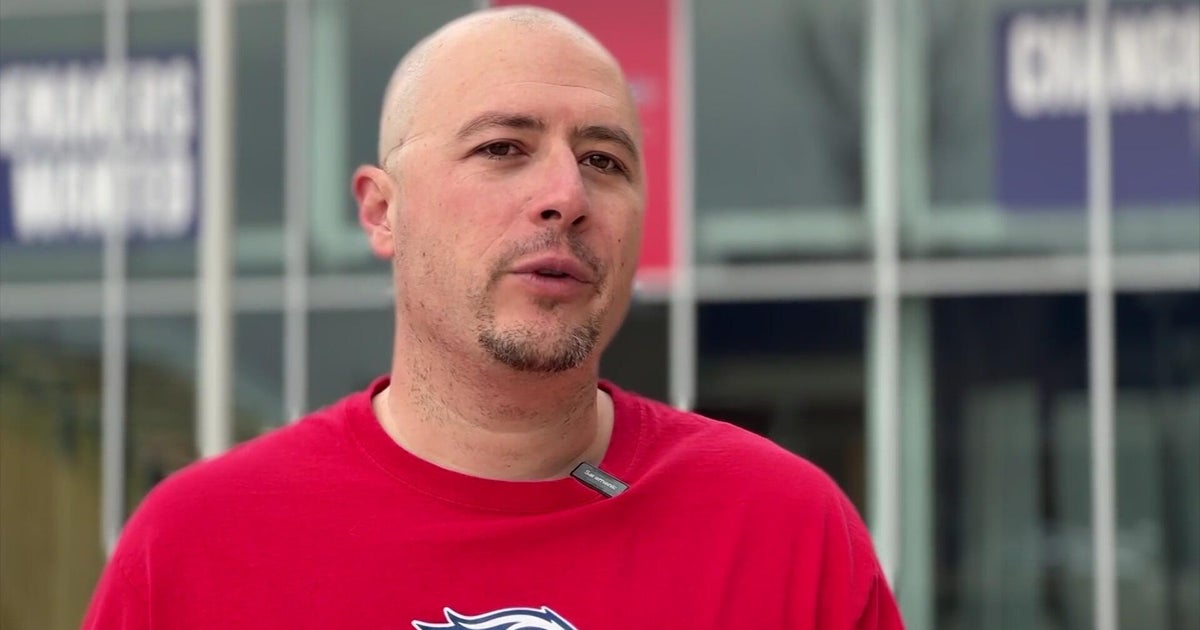The "Panama Papers": 6 key takeaways
Taxpayers around the world got an unprecedented look at the world of offshore tax havens, thanks to a leak of more more than 11.5 million documents, some which dated to the 1970s. The information was contained in documents from Panamanian law firm Massack Fonseca, which had been obtained by the International Consortium of Investigative Journalists and released on Sunday. Massack Fonseca is a global firm reported to be one of the world's biggest creators of shell companies.
"Americans who are not using European havens can use Caribbean tax havens," said Lee Shepard of Tax Analysts. "There are respectable tax havens and not-respectable tax havens. I have never heard of Americans using Panama."
Here are six key takeaway about this case so far:
Who is allegedly involved?
Among those said to have hid as much as $2 billion from tax authorities in their countries are several associates of Russian President Vladimir Putin, martial arts movie star Jackie Chan, the Prime Ministers of Iceland and Pakistan, and 33 individuals blacklisted by the U.S. government because they had done business with rogue nations. The documents linked offshore companies to China President Xi Jinping and Ukraine President Petro Poroshenko, both of whom are conducting anti-corruption campaigns at home, along with the father of another reformer, U.K. Prime Minister David Cameron.
Why would they do it?
Wealthy people have turned to tax havens such as Panama, the British Virgin Islands and the Cayman Islands for decades to hide assets from everybody whether it's an ex-spouse or national tax authorities. The U.S. government cracked down on Swiss banks, whose secrecy in recent years led to the country's banks paying a total of $5.5 billion in fines. As a result, many Swiss banks won't do business with Americans. The U.S. is one of the few countries that taxes its citizens regardless of where they live, which observers say has caused a spike in Americans renouncing their citizenship.
How do they do it?
As Les Sheppard of Tax Analysts noted in an email to CBS MoneyWatch, account holders have to pay high fees in tax havens such as Panama and don't earn a return on their money as a result.
"So, a sophisticated rich person would have a string of corporations or trusts between himself and the money," he wrote. "The point is to obscure the trail of the owner and the money. In this setup, tax haven corporations or trusts are just way stations."
Having a bank account in a tax haven isn't illegal per se as long as the income is declared. These companies are allowed to register anonymously, a practice that critics say needs to stop.
"The Panama Papers investigation must be the nail in the coffin of anonymous companies," said Global Financial Integrity Policy Counsel Liz Confalone in a press release.
How are people reacting to the leak?
"We always assumed that lawyers kept information into confidence," said Nuri Katz, founder of Apex Capital Partners, a financial advisory firm that works with clients who have offshore accounts, in an interview. "That will make a lot of people who are using offshore zones think twice about trusting anybody."
Is the U.S. any different?
"I'm not sure any of us are raising our eyebrows at much of anything here," said Matt Gardner, executive director of the Institute of Taxation and Economic Policy, adding that Congress needs to put a stop to states such as Delaware that attract companies to incorporate there with a more favorable regime. "It shouldn't be easier to start a shell corporation in Delaware than it is to get a library card."
How is Mossack Fonseca responding?
In a statement, the Panamanian firm accused the press of distorting the nature of its work, arguing "these reports rely on supposition and stereotypes, and play on the public's lack of familiarity with the work of firms like ours." Mossack Fonseca added that the leaked documents actually show that it conducts "due diligence" on potential clients and rejects clients who fail provide enough information for it to complete its review.



